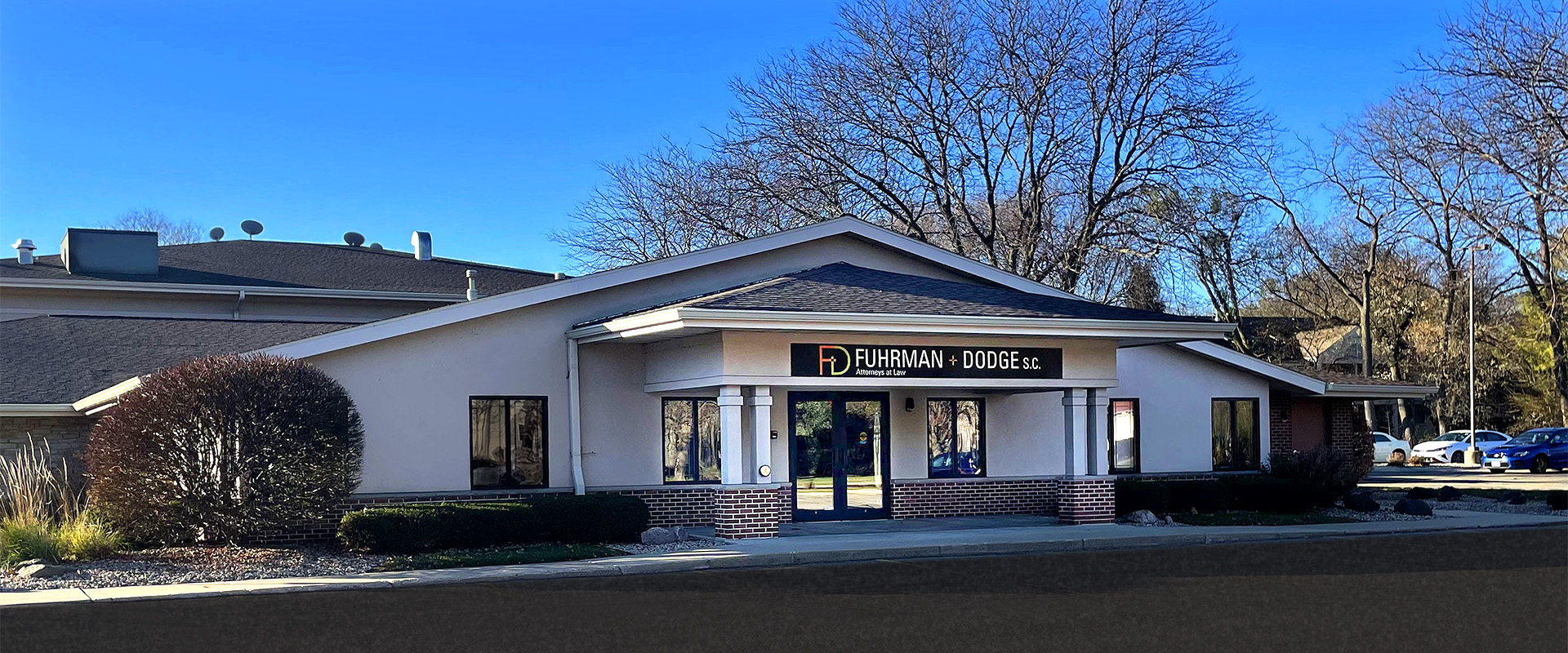Estate Planning
- Durable POA Brochure (pdf)
- Revocable Living Trusts Brochure (pdf)
- Wills & Estate Planning Brochure (pdf)
- Marital Property (pdf)
Estate planning is the process which seeks to maximize the benefits offered in various areas of law (such as probate, wills, trusts, taxes, property, insurance, contract law, etc.), while at the same time meeting your wishes for the management of your property and health care decisions during life and the management and disposition of your property upon and after death.
Without estate planning, you do not: (1) control who manages your property and health care decisions when you are unable to do so; (2) control who cares for your minor children in the event of your death; (3) control where your assets go upon death; (4) protect your assets from mismanagement and waste after your death; (5) avoid the unnecessary, public, and expensive process of probate; (6) protect your assets from avoidable taxes; or (7) protect your assets from the effects of divorce. Estate planning minimizes and often completely avoids these risks through the skillful use of a number of legal tools, such as Wills, Trusts, Powers of Attorney, and Marital Property Agreements.
Practicing in this area: Mark Fuhrman, Dale Gregory, Kelly J. Stohr
What is Estate Planning and Why Bother?
Estate planning is more than deciding where your assets should go after you die. It is not just for the elderly or wealthy. Estate planning is a process that involves the “big picture” understanding of your legal, financial, health care, and emotional goals and creating a road map to achieve those goals throughout your lifetime and eventual death. Everyone has their own idea of what is important to them during the estate planning process.



